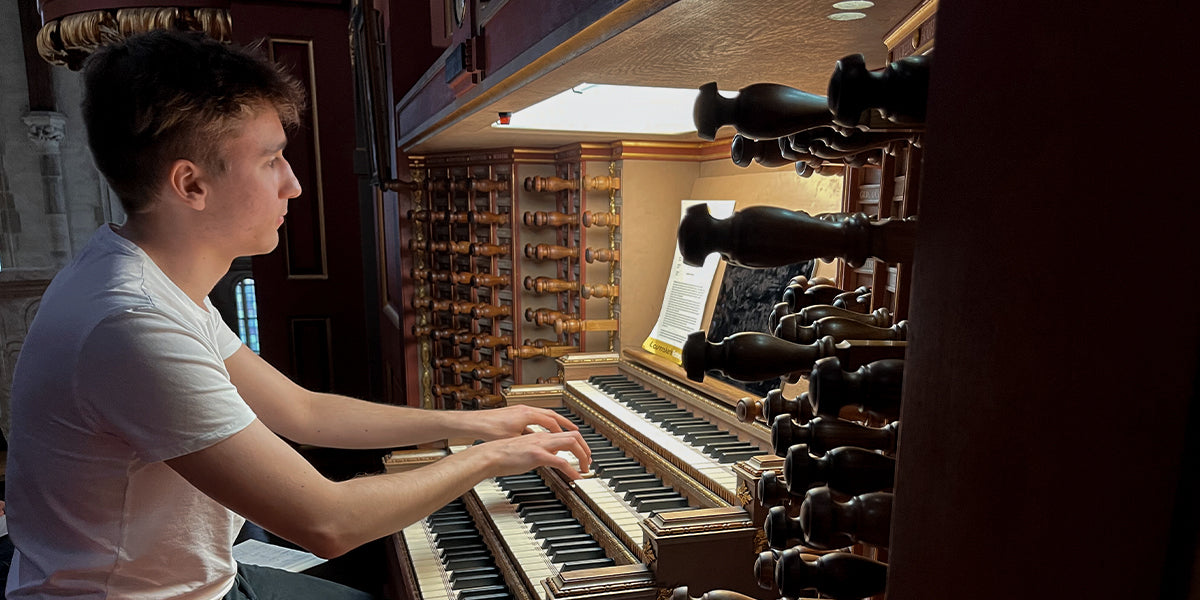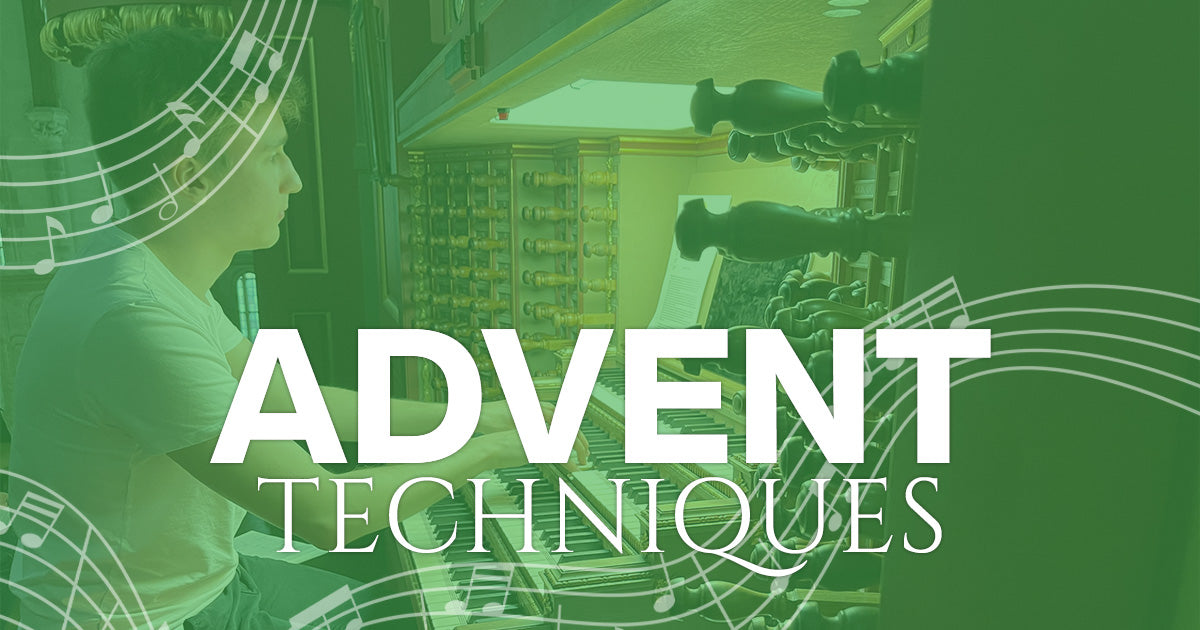Pipe Organ Technique Essentials: Tips for All Levels


Are you a passionate organist looking to improve your skills and take your playing to the next level? Whether you're a beginner or an experienced musician, mastering organ technique is crucial for producing beautiful and expressive music. In this blog post, I will share valuable tips and insights that will help you enhance your organ playing abilities. From proper hand and pedal technique to effective practice strategies, we will cover a wide range of essential techniques. So let's dive in and explore the world of organ playing!
1. Hand Technique
Hand technique forms the foundation of organ playing. Here are some key tips to improve your hand technique:
a. Proper Hand Position
Maintaining the correct hand position is vital for efficient and controlled playing. Keep your wrists relaxed, allowing your fingers to curve naturally over the keys. This position enables better finger independence and control over the keys.
b. Finger Legato and Staccato
Practice playing legato (smooth and connected) and staccato (short and detached) phrases to develop finger dexterity. Focus on producing even and consistent sound throughout your playing, regardless of the articulation.
c. Finger Substitution
Finger substitution techniques allows for seamless legato playing. Practice playing a single note with different fingers, smoothly transitioning from one finger to another. This technique is particularly useful when playing long melodic lines.
2. Pedal Technique
Playing the organ's pedals can be challenging, but with proper technique, you can tackle even the most complex pedal passages. Consider the following tips:
a. Heel-Toe Technique
The heel-toe technique is a fundamental technique used to play two different notes with one foot. By rolling your foot from the heel to the toe, you can achieve a smooth transition between pedal notes. Practice this technique slowly at first, gradually increasing your speed and accuracy.
b. Pedal Legato and Staccato
Similar to hand technique, practicing legato and staccato articulations on the pedals is crucial for achieving expressive playing. Focus on maintaining a consistent touch and volume while playing pedal passages.
c. Balance between Hands and Feet
Achieving a good balance between the hands and feet is essential for creating a well-rounded and harmonious sound. Practice coordinating your hands and feet by playing simple exercises and gradually progressing to more complex pieces.
3. Effective Practice Strategies
Improving organ technique requires consistent and focused practice. Here are some strategies to make the most of your practice sessions:
a. Slow Practice
Start by practicing at a slower tempo to ensure accuracy and precision. Focus on correct finger and pedal placement, maintaining proper technique throughout. Gradually increase the tempo as you gain confidence and control.
b. Break It Down
If you come across a challenging passage, break it down into smaller sections and practice each section separately. Once you feel comfortable, gradually piece them together. This approach helps to tackle difficult passages effectively.
c. Use a Metronome
Practicing with a metronome is an excellent way to develop a sense of timing and rhythm. Start by setting a comfortable tempo and gradually increase it as you become more proficient. This will help you maintain a steady and even tempo in your playing.
Conclusion
Improving your organ technique is a journey that requires dedication, patience, and consistent practice. By following the tips and techniques outlined in this blog post, you will gradually enhance your playing abilities and unlock your full potential as an organist. Remember, practice regularly, seek guidance from experienced musicians, and explore the vast repertoire of organ music. Enjoy the process and let the magnificent sound of the pipe organ inspire you on your musical journey!
If you're interested in exploring a wide range of organ music sheets, visit my Collections Page With over 100 music sheets to choose from, you'll find a wealth of resources to support your organ playing endeavors. Happy practicing!


